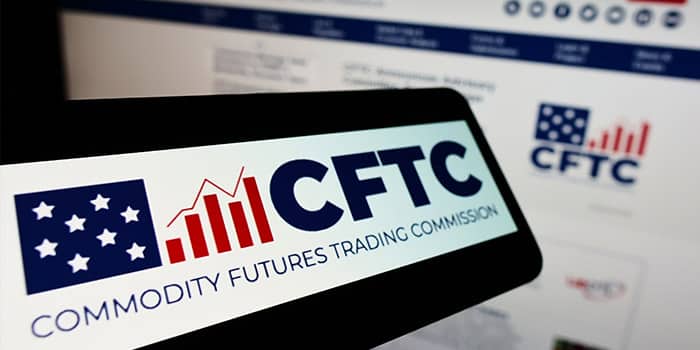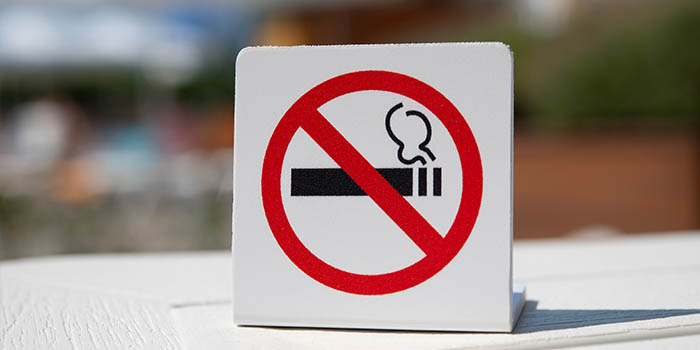- Casino
- By State
- Alabama
- Alaska
- Arizona
- Arkansas
- California
- Colorado
- Connecticut
- Delaware
- Georgia
- Florida
- Hawaii
- Idaho
- Illinois
- Indiana
- Iowa
- Kansas
- Kentucky
- Louisiana
- Maine
- Massachusetts
- Maryland
- Michigan
- Minnesota
- Mississippi
- Missouri
- Montana
- Nebraska
- Nevada
- New Hampshire
- New Jersey
- New Mexico
- New York
- North Carolina
- North Dakota
- Ohio
- Oklahoma
- Oregon
- Pennsylvania
- Rhode Island
- South Carolina
- South Dakota
- Tennessee
- Texas
- Utah
- Vermont
- Virginia
- Washington
- West Virginia
- Wisconsin
- Wyoming
- By State
- Slots
- Poker
- Sports
- Esports
Fact-checked by Angel Hristov
High 5 to Pay Back Millions as WA Deems Its Products Illegal
Judge Cartwright argued that the current case is very similar to another lawsuit involving a social casino operator, namely Big Fish

High 5 Games, a New York-based gaming company, has found itself in hot water as its social casino apps have been labeled as “illegal gambling” in Washington. Western Washington District Court Judge Tiffany Cartwright determined that the company’s products violate the state’s gambling rules, potentially forcing High 5 to pay back the money it took from local players.
The lawsuit was filed by Rick Larsen, a player who spent thousands of dollars on High 5’s social gaming apps. Originally filed in 2018, the class-action alleges that High 5 Casino and High 5 Vegas violated the Evergreen State’s gambling laws.
Larsen pointed out that the social apps provide free virtual coins to their players once they register, allowing them to play at no cost. However, once players spend their virtual currency, they need to purchase additional coins if they wish to continue playing. Thus Larsen lost over $7K playing, according to court documents.
High 5 May Have to Pay Back Millions
According to the plaintiff’s claims, High 5’s games have violated Washington’s Consumer Protection Act (CPA) and the Recovery of Money Lost at Gambling Act (RMLGA). Judge Cartwright agreed with these claims, potentially forcing High 5 to pay millions in damages.
In making her decision, Cartwright argued that the current case is very similar to another lawsuit involving a social casino operator, namely Big Fish. In 2018, federal judge Milan Smith decided that Big Fish, which uses a similar system to High 5, has violated the local gambling rules. As a result, Big Fish had to pay back $155 million to its players, in line with a later class action settlement.
Under the class action against High 5, anyone who has purchased virtual coins will also be eligible to receive a damages payout. Washington’s law states that people who have lost “something of value” to illegal gambling are eligible to get their money back.
According to Larsen’s lawyers, players in Washington have spent over $21.6 million playing on High 5 Casino and High 5 Vegas between 2014 and 2023. Yet, Cartwright noted that this figure is not definitive and added that determined damages should be decided by a jury upon further investigation.
Speaking of lawsuits, casino & hospitality giant MGM Resorts is currently facing another class action lawsuit concerning the data breach hacking incident that took place last September. The suit alleges that the operator failed to protect its guests’ data as hackers caused irreparable damage to the company’s loyalty program.
Related Topics:
Although Fiona doesn't have a long-spanning background within the gambling industry, she is an incredibly skilled journalist who has built a strong interest in the constantly growing iGaming network. The team at Gambling News is glad to have her on our roster to help deliver the best stories as soon as they hit. Aside from writing, she loves to dabble in online casino games such as slots and roulette, both for her own enjoyment and also as research to better improve her understanding of the industry.
Must Read
More Articles




Casino
April 18, 2025
Florida HB Seeking to Upgrade Illegal Gambling Punishments

Legal
April 17, 2025
Appeal to Keep Evolution’s Accuser Anonymous Denied

Lottery
April 17, 2025
CTLC Says Its Members Didn’t Violate the Texas Law














